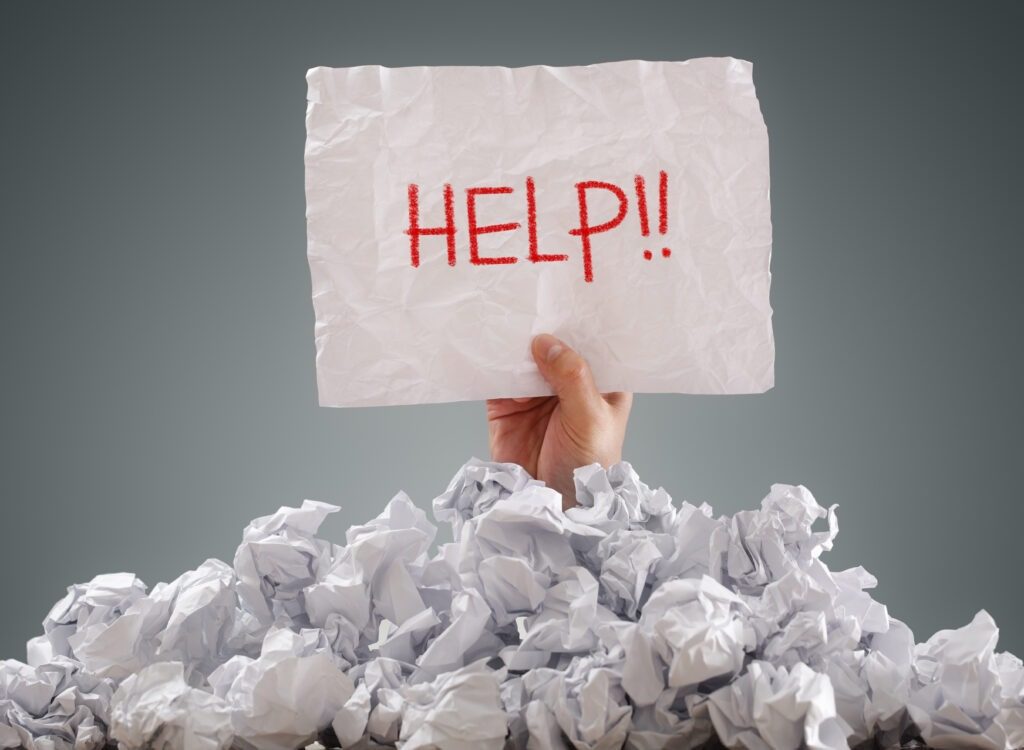Where's the Work/Life Balance? Job Burnout and Our Unhealthy Obsession with Success

Today, there’s a strange new badge of honor for professionals everywhere. It’s not about promotions or pay, it’s not about the company car or the holiday home, and it’s definitely not about long vacation leave or good health insurance. It’s about something altogether more…masochistic. In fact, it barely seems something to brag about at all. Still in the office at 10 pm? Well, that’s your bread and butter in our hyper-connected, always-on world.
Whether at the watercooler, your favorite coffee spot, or over dinner; whether talking to colleagues, clients, or even friends, you’re just as likely to hear someone humblebrag about the number of hours they’ve clocked for the day/week/month as you are about a weekend trip to Hawaii. More likely even. It’s the 21st Century and we’re killing ourselves with work—but why?
Toxic Working Culture and Job Burnout
Recently, the WHO recognized burnout as a legitimate occupational health risk and included it as part of its 11th revision of the International Classification of Diseases. The report defines job burnout as:
“… a syndrome conceptualized as resulting from chronic workplace stress that has not been successfully managed.” Going on to identify the symptoms of job burnout as:
- feelings of energy depletion or exhaustion
- increased mental distance from one’s job, or feelings of negativism or cynicism related to one’s job
- reduced professional efficacy
You might put it down to capitalist notions of constant growth, to increased competition between peers, to a generational divide that has different ideas about “hard work”, or to a very human need to be the best and discover the next big thing. But whichever way you look at it, we are stretching ourselves to breaking point.
Toxic working cultures today glamorize the number of hours we spend in the office, directly or indirectly guilt employees into ditching vacations or just ignoring their health and skipping sick leave, and they ensure each of us is glued to our smartphones as we climb into bed at the end of another long day. Sleeping more than 6 hours a night? Pffff. You’re clearly not driven enough to truly succeed!
But the fact is that these attitudes are actually making us less productive. We’re “forced” to work longer since we cannot complete our tasks in the time allotted. And the worst part? We’ve always known this. It’s pre-industrial knowledge, and way back in the 16th century, Sir Thomas Moore identified a reduced working week as beneficial to productivity and a key element of his Utopia. So why are we so intent on building a modern day dystopia where we’re all figuratively chained to our desks but literally working ourselves into an early grave?
Communication, Time Management and a World of Distraction
Firstly, there are solid arguments to be made for increased competition in the workplace, generational divides, and a system that is obsessed with growth. These factors are helping to push people to insanely long working weeks, with the status quo dictating that more hours equals increased productivity. But this is increasingly seen as a relic of the industrial era, with some suggesting that as little as four hours per day is optimal for any “knowledge” based work.
Add to this the “always-on” mentality and, not only are we dealing with fewer jobs with more qualified candidates, more pressure from bosses and supervisors to complete growing to-do lists, and an obsession with success as quantified by growth, but we’re also battling constant distractions in every aspect of our lives. Social media, email, instant messaging, and productivity apps such as Slack, Trello, Skype and many more fuel the incessant ping and buzz of notifications from smartphones, laptops, tablets, and now, even our digitally connected watches!
The answer then is simple. We must work less and concentrate more on the task at hand.
Putting better communication and time management at the top of our lists is key. We need better tools to share work and collaborate, without overburdening ourselves or individual team members. We need help managing tasks and the time taken to complete them, again allowing us to spread the work more evenly. We also need to practice mindfulness at work, so we can cut out the distractions and foster solidarity between workers so we can all share the burden.
Putting an End to Burnout Through Healthier Working Environments
One of the most important revelations you can ever have is that your life and your happiness begins and ends inside your own mind. - Mel Robbines
 Photo by Helena Lopes on Unsplash
Photo by Helena Lopes on Unsplash
Here’s the thing. If you cannot complete your weekly to-do list despite being free from the destructive forces of procrastination and constant distraction, you are, quite simply, overworked. It will never matter how many hours you put in. You will always be fighting a losing battle. In fact, throwing time at the problem does a disservice to yourself and those around you. Pretty soon, you’re likely to suffer from catastrophic job burnout. Perhaps you’ll quit the position, only to leave a gaping hole for the next person to try to fill—in vain.
If we are ever to stop professional burnout and foster healthier workplaces, it is crucial to work smarter and not longer! We need employers to recognize job burnout and overwork as destructive to productivity and growth, we need to trust coworkers and collaborate with more transparency, we need to move away from the “indispensable individual” and spread knowledge, experience, and skills across creative teams who can share the workload efficiently and effectively.
However, perhaps most importantly, we need to recognize that the knowledge-based work of the 21st century is no longer fuelled by the “hard labor” of the past. Creativity doesn’t follow a schedule, insight never comes from staring at spreadsheets for hours on end, and real problem-solving skills are not powered by tired minds. Job burnout is the consequence of a system that indiscriminately rewards hours at the screen instead of true excellence at work—we need to find better ways to grow, develop, and succeed before we’re all reduced to smoldering piles of stress-fuelled drones that can barely think for ourselves.
Gain Communication Clarity with Spike
You may also like
Why Context Switching is Bad (and How to Fix It)
Context switching is the enemy of productivity, but we all still do it. Learn about why it's bad and how you can fix it in the office.
Read More11 Rules for Effective Team Meetings
Meetings don’t have to be a chore! A few simple guidelines for a successful meeting can make them a powerhouse of productivity, with actionable outcomes and engaged employees.
Read More10 Proven Ways to Build an Email List in 2024
Learn proven strategies to attract subscribers, from signup forms to irresistible incentives. Build customer loyalty and boost sales today!
Read More



